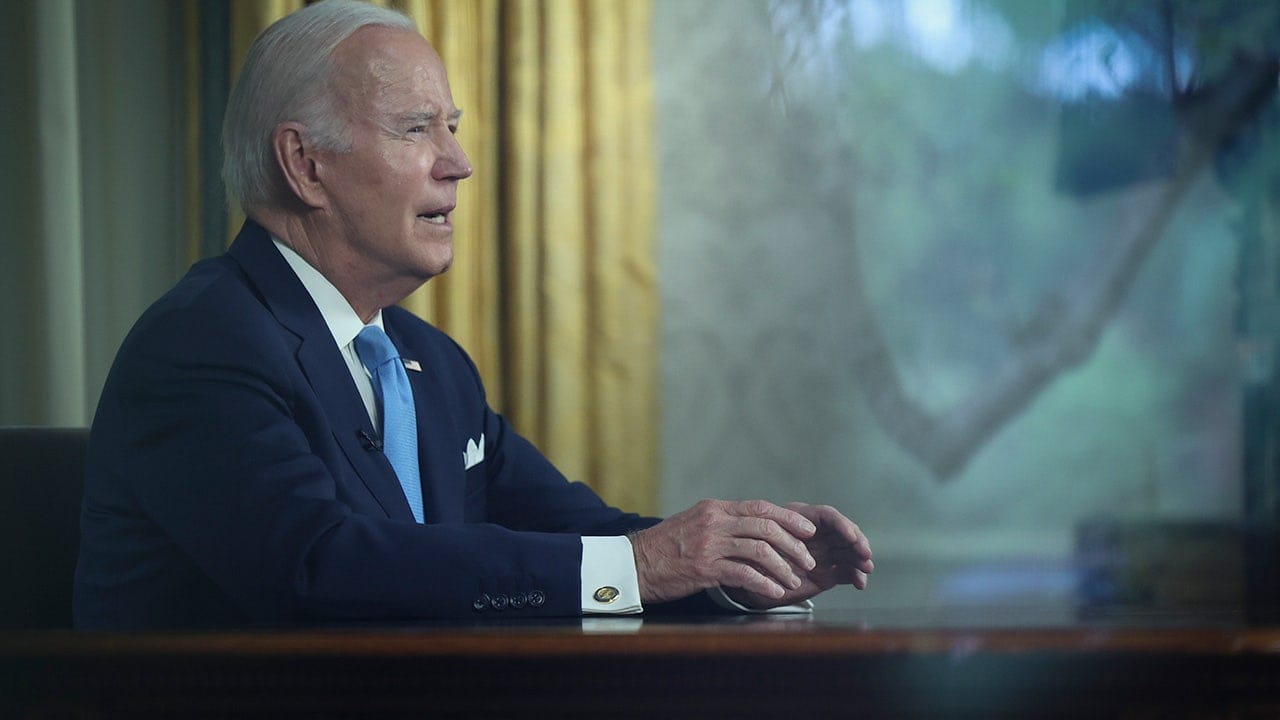The emissions scandal involving Volkswagen (VW), which came to public attention in 2015, has seen significant developments in recent days as a German court delivered guilty verdicts for four former executives of the automotive giant. These individuals were associated with the management decisions that led the company to install software in diesel vehicles designed to cheat emissions tests, allowing these cars to meet regulatory standards while in reality emitting pollutants far above legal limits. The case has been pivotal not only for Volkswagen but for the entire European auto industry, underscoring the critical importance of compliance with environmental regulations and the repercussions of corporate misconduct.
The trial took place in Braunschweig, Germany, where the executives faced various charges including fraud and breach of trust. The verdicts serve as a significant reminder of the consequences of such corporate actions, which have far-reaching implications on public health, the environment, and consumer trust. The guilty verdicts were handed down after extensive deliberation, taking into account the scale of the fraudulent activities that Volkswagen engaged in for several years.
The emissions scandal, often referred to as “Dieselgate,” uncovered that Volkswagen had deliberately programmed its diesel engines to detect when they were being tested for emissions. The vehicles would operate within legal limits during testing conditions but emitted nitrogen oxides far above permissible levels during normal driving conditions. This deception not only fostered a competitive advantage for VW in the marketplace but also contributed to serious environmental and health issues.
As the trial unfolded, evidence was presented indicating that senior management within VW were aware of the software’s implementation as early as 2006. This timeline raised serious questions regarding corporate governance and the ethical responsibilities of company leaders in safeguarding compliance with environmental standards. The case has highlighted the necessity for stringent oversight in corporations, particularly those with significant impacts on public health and safety.
Beyond the legal ramifications, the scandal has elicited broader discussions regarding the sustainability of the automotive sector. European regulators have begun to tighten emissions standards and introduce more rigorous testing procedures since the scandal came to light. This has led to significant shifts in manufacturing practices and a greater focus on electric vehicle development as the industry pivots towards more sustainable alternatives. The decisions made by VW executives not only impacted the company financially but also sparked a broader transformation in how companies approach environmental responsibilities.
The verdicts in this trial mark a turning point for corporate accountability in Europe. The implications extend beyond the immediate consequences faced by the convicted executives. There is a renewed emphasis on ethical governance and the role of executive leadership in maintaining compliance with legal standards. The EU’s regulatory bodies are likely to pursue similar cases with greater vigor, sending a strong message to the automotive industry and beyond about the necessity of operating within legal frameworks.
Furthermore, the reactions from various stakeholders will play a crucial role in shaping the industry’s future. Environmental groups have welcomed the verdicts as a step towards accountability, arguing that they reflect a commitment to holding corporations responsible for their actions. Conversely, the auto industry’s response has been one of caution as companies brace for stricter regulations and the possibility of heightened scrutiny from regulators.
In the wake of the scandal, Volkswagen has committed to restructuring its corporate governance and improving its compliance mechanisms. The company has pledged to establish a more transparent culture and implement strategies to prevent similar incidents in the future. However, this commitment will be tested as ongoing investigations and legal proceedings continue in various jurisdictions around the world, including the United States where the implications of the scandal were felt profoundly.
The outcomes of this trial serve as a stark reminder of the importance of ethical business practices and the responsibility companies have toward their consumers and the environment. The convictions of these Volkswagen executives encapsulate a critical moment in corporate history, one that may lead to more accountable practices within the automotive sector as it navigates the challenges of modern environmental expectations.
As the automotive industry looks to the future, the lessons learned from the Volkswagen emissions scandal will undoubtedly shape the course of its evolution. Greater emphasis will likely be placed on sustainability, regulatory compliance, and ethical decision-making as companies strive to rebuild trust and align their practices with societal expectations. The unfolding of this trial and its consequences could indeed set a precedent for how corporate malfeasance is addressed, especially in sectors with significant environmental impacts.



